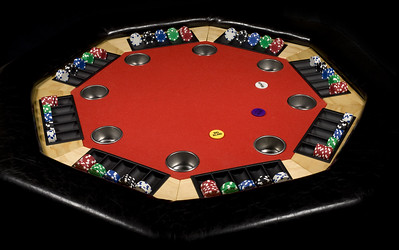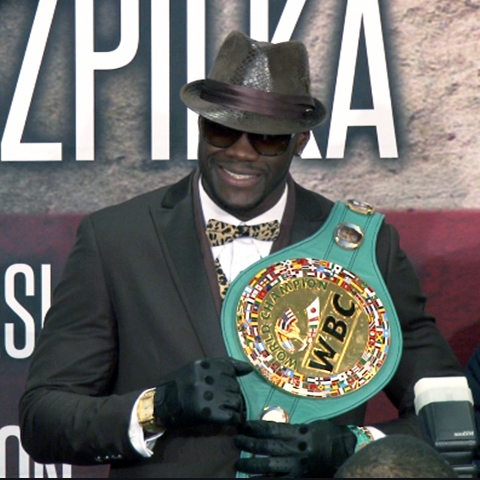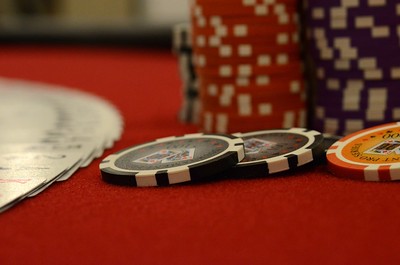Poker table etiquette
A few rules that must be followed out of respect for the game
Poker seems to many to be an easy game to enjoy. The truth is that for quite a few people it is a profession, and when you find yourself at a real poker table, you have to follow a certain etiquette, a certain behavior. It's one thing to go to a site and play online against people you can't see, it's quite another when you're in a casino and you're up against people who are willing to spend a lot of time playing for a profit. Of course, there are those who are only interested in entertainment. It would be nice for them to win something, but it won't be so bad if they lose, as long as they had a good time.
Rather, for the sake of the second type of poker lovers, it is appropriate to strictly observe some rules when playing live. But also because of the possibility of making, or at least not losing a lot of money, it is right to respect the game. To some extent, each player is responsible for making sure the others have a good time and enjoy the experience. And knowing the rules of the game is sometimes not enough, as it is necessary to be aware of how to behave.
There are a number of unwritten rules that dictate what you should and shouldn't do. Their offense would quickly push the rest of the players off the table. It's good to be aware of them so you don't spoil the experience for others. Along with the unwritten rules, there are official ones that you must follow, otherwise you may be punished and even asked to leave the game altogether. In the following lines, we will provide you with five of the most important rules related to poker table etiquette. They are designated as "gold" because you must follow them when playing live. We don't list them in any particular order, as each one is quite significant in its own right.
1. Be polite
If you play live poker often, it's very likely that you've already come across players who don't follow this rule. It is not difficult at all, and there is no excuse not to be polite to the others at the table, because they are your colleagues, or your dealers. It doesn't need to be overdone or overplayed. You may remain silent if you wish. This is a good enough indicator of respect for others. Good manners create a more welcoming atmosphere at the table and can only bring you positives.
2. Keep a close eye on the game
All responsibility for following what happens at the table is entirely yours. It is very important to know when it is your turn and to act. It certainly won't take long for other players to get frustrated if they constantly have to remind you that you're on the move. You also need to make sure you place your blinds and ante in time so that the action can unfold in a timely manner and without any emergencies. It is also not good to delay too long when making simple decisions. Yes, it's important to think while playing poker, but don't make others wait too long while you order a drink or something to eat.
3. Make your actions clear
Clear actions will make life easier, both for the others at the table and for yourself. Clearly saying the words "call" (pay) and "raise" (raise) will always be received better than simply throwing in a few chips and muttering something that even the dealer might not hear. This will inevitably annoy your opponents. It is not difficult to slide the neat pile of chips in front of you and declare your actions with clarity. This will avoid any confusion and help avoid being accused of trying to gain an unfair advantage by misrepresenting the action you are taking.
4. If showing to one player, show to all
When you win a hand without having to show your cards, you can choose to do so voluntarily. What you can't do is show them to just one player. This would mean that he potentially has an advantage because he has information that others do not have access to. Of course, those familiar with the rules of poker know that this isn't always very helpful, but we're talking about principles here. The same rule applies if you fold a losing hand without showing the cards to the others, and you are at a point where the opponent has already revealed his winning hand.
5. Be gracious in wins and losses
No one likes a weak loser or a weak winner, so you should always embrace both success and failure while at the poker table. Of course, it's okay to express a little disappointment when you had a good hand but your opponent had a stronger one or played more boldly, but it won't go over well when you visibly show your envy when someone else wins. When you win a large amount, no one will be angry with you if you rejoice, but it should not be too violent, otherwise it will be considered gloating.
These are basic and very important rules when playing live poker. If you respect the game and the others at the table, it's okay to respect them so everyone can enjoy what they love.




